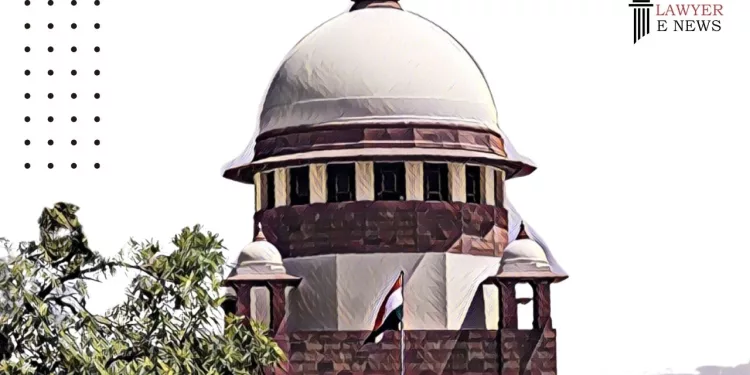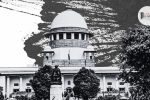Investigating Officer Failed to Narrate Contents of the Disclosure Statement Properly, Nor Proved It Legally: Supreme Court Acquits in Robbery Case

The Supreme Court has set aside the conviction of an individual previously found guilty of robbery under Sections 394 and 397 of the Indian Penal Code (IPC), citing significant procedural errors and evidentiary flaws in the handling of the disclosure statement used against him. Justices B.R. Gavai and Sandeep Mehta presided over the appeal, overturning the earlier rulings of both the trial court and the Madhya Pradesh High Court.
Legal Point: The apex court’s decision primarily focused on the admissibility and reliability of the confession and recovery of stolen items, which were critical to the initial conviction.
Facts and Issues Arising: Hansraj, the appellant, was accused of assaulting Bhagu Bai and robbing her jewelry on December 12, 1998. The police based their case on a disclosure statement allegedly made by Hansraj, which led to the recovery of the stolen items. However, initial identification by the complainant did not occur, and she was unable to visually identify her assailant at the time of the incident.
Detailed Court Assessment:
Evidence of Recovery and Identification: The evidence regarding the recovery and identification of stolen items was critically examined, with the court finding significant legal deficiencies. Justice Mehta emphasized that the identification process was marred by procedural flaws and lacked credibility.
Admissibility of Disclosure Statement: The Supreme Court highlighted major shortcomings in how the disclosure statement was handled. “The Investigating Officer failed to narrate contents of the disclosure statement properly, nor proved it legally,” Justice Gavai criticized, pointing to a lack of proper authentication and corroboration.
Procedural Lapses: The handling and authentication of the recovered items were also questioned, as the court noted failures in ensuring the security and integrity of evidence crucial for a fair trial.
Decision: Due to these procedural and evidentiary errors, the Supreme Court acquitted Hansraj, stating that the presented evidence was insufficient to sustain a conviction. The court ordered his immediate release, provided he is not required for another case.
Date of Decision: April 19, 2024
Hansraj Vs. State of M.P.






